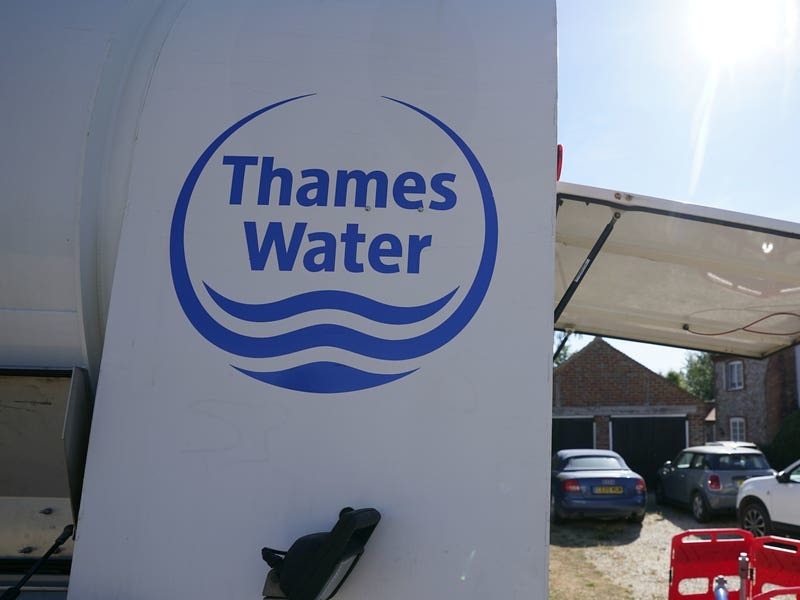Proposals to reimburse victims of bank transfer scams are half-baked in their current form and need further action, according to the Treasury Committee.
New financial regulations being considered by the Payment Systems Regulator (PSR) will require banks and building societies to fully reimburse victims of authorised push payment (APP) scams, where the loss is more than £100.
At least 196,000 people collectively lost £583 million to APP scams in 2021 according to the trade association, UK Finance.
Last month, the Treasury Sub-Committee on Financial Services Regulations, which scrutinises regulatory proposals, questioned why fraud under £100 would not be refunded.
These figures were taken from analysis of figures provided by eight members of UK Finance.
The regulator has indicated that it is aligning with the minimum reimbursement level for credit card fraud, the committee said.
The committee also asked what actions would count as “gross negligence” – which would mean customers would not be reimbursed in some circumstances.
The committee is concerned that this could further delay scam victims getting their money back.
Commenting on the correspondence, Harriett Baldwin, chair of the Treasury Committee, said: “Fraud is on the rise and our constituents are being robbed.
“Regulators need to get their skates on and sort out all of these exclusions and criteria quickly.
“Our committee will keep up the pressure so that implementation is not dragged out or half-baked.”
Separately, the MPs also asked the Financial Conduct Authority (FCA) whether fraudulent transactions within the same bank will miss out on mandatory reimbursement protection.
In response, the regulator agreed in principle that these scams should be reimbursed, but outlined that it does not currently have the regulatory powers to enforce this.
The FCA has said it is considering the next steps, including whether a legislative change may be needed.
The Financial Services and Markets Bill making its way through Parliament will require the PSR to establish a system for mandatory reimbursement of APP fraud over the faster payments system.
MPs are also interested in understanding what similar measures are being taken in the high-value payments system Chaps, which can be used for transactions such as buying a house or a car.
The committee has asked the Bank of England, which is the operator of Chaps, why transactions made through Chaps are not included in the reimbursement proposals.
The Bank has said it is working closely with regulators to ensure planning around APP scam reimbursement intervention is aligned effectively and it will write back again to the committee in the weeks ahead with a fuller update.
The PSR said in a statement: “We welcome the Treasury Committee’s continued interest in this important matter.
“We want people to be better protected if they are targeted by a scammer and our recent proposals aim to provide much greater and consistent levels of protection against APP fraud.
“Our proposals will place strong incentives on banks to do more to detect and prevent APP fraud in the first place. All in all the change we’re proposing, and those we’ve already made, represent a significant step up in the level of protection and support people will get.
“Under our proposals, banks must reimburse the majority of customers who have fallen victim to APP fraud. This will lead to a significant increase on current reimbursement rates, which are around 56%.
“Any exceptions to reimbursement, including gross negligence, are a very high bar which we expect will apply in only a small minority of cases and never where the victim is a vulnerable consumer.”
The PSR said it has received a “wide range of views” to its consultation, which it is considering.
It said: “We will set out our final position in May 2023, which will include our approach to ensuring that there is a consistent understanding around any exceptions.”
The PSR said all feedback received will be considered carefully before any final decision on the best course of action is made “to make sure people are properly protected from these devastating scams”.






